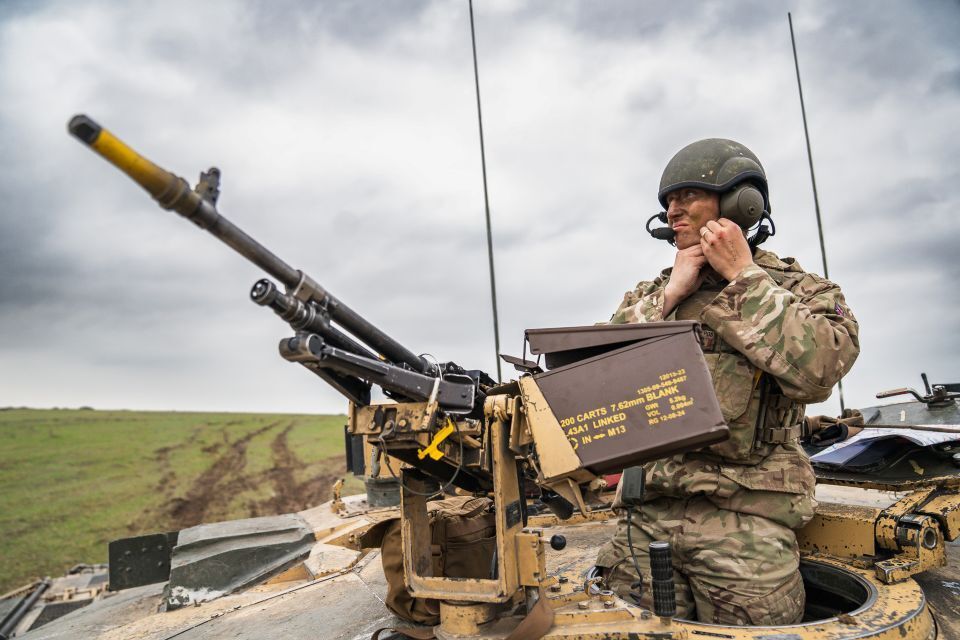DASA aims at neutralising small UAS threats

Above:
Drone being targeted
Courtsy DASA
The introduction of Unmanned Air Systems (UAS), often referred to as drones, has been one of the most significant technological advances of recent years and represents a shift in capability of potential adversaries.
The threat from UAS has evolved rapidly and we are seeing the use of hostile improvised UAS threats in overseas theatres of operation. There is a similar problem in the UK with the malicious or accidental use of drones becoming a security challenge at events, affecting critical infrastructure and public establishments; including prisons and major UK airports.
Small commercially available UAS have already delivered direct impact effects and have allowed those hostile to UK interests to deploy cheap, pervasive, low observable surveillance capability. This threat often bypasses traditional air defence and ground security measures.
The UAS threat to UK national security is a cross-Government issue. There are many different UAS threats, each of which may require a different mitigation approach. The challenge will deepen with the predicted future advancement in UAS capability and as the civilian and military airspace becomes more crowded.
The Competition
This Defence and Security Accelerator (DASA) call aims to address the increasing UAS threat to the defence and security of UK both at home and abroad.
DASA are aiming to harness recent technology advances in a range of areas such as sensing technologies, autonomy, Artificial Intelligence and non-lethal effectors to improve the ability of the UK defence and security community to counter an adversary’s use of UAS. This needs to be achieved whilst preventing or minimising collateral damage.
DASA's focus is on two key areas:
- Next generation counter-UAS (C-UAS)
- The future threats from UAS such as swarms, autonomy and congested air space
The solutions could include complete systems or components that deliver or enable:
- automated and networked sensing systems over wide and complex areas
- cost effective sensors
- Plug and play (e.g. SAPIENT) compliant integration (more detail will be provided in the full competition document)
- methods of robustly defeating or denying current and next generation drones in a range of scenarios and environments
- significant and rapid improvements to extant systems for deployment
- autonomous decision making
- signal processing to improve discrimination and identification
- networked approaches which may use existing sensing systems such as CCTV etc.
- ability to identify and track the UAS operator
- airborne, mobile or expendable solutions
DASA does not want:
- manpower intensive detect, track and identification solutions
- standard barrage jamming
- highly bespoke, closed or crude integration
- low potential for cost efficiency
The competition is envisaged to have a number of phases: Phase 1 is intended to demonstrate proof of concepts that can be further developed and integrated during later phases. Successful projects in this first phase may be encouraged to work with other suppliers in future phases in order to integrate solutions into a deployable system, and it is hoped successful projects will be able to be demonstrated at key showcasing events in 2020.
The total funding for this competition is expected to be at least £2 million, split over multiple phases. The total funding for Phase 1 is expected to be at least £800,000.
This DASA competition is currently planned to open in April 2019 when the full document will be released on its website
.
Proposals must be submitted to the DASA submission service , for which you will have to register.











